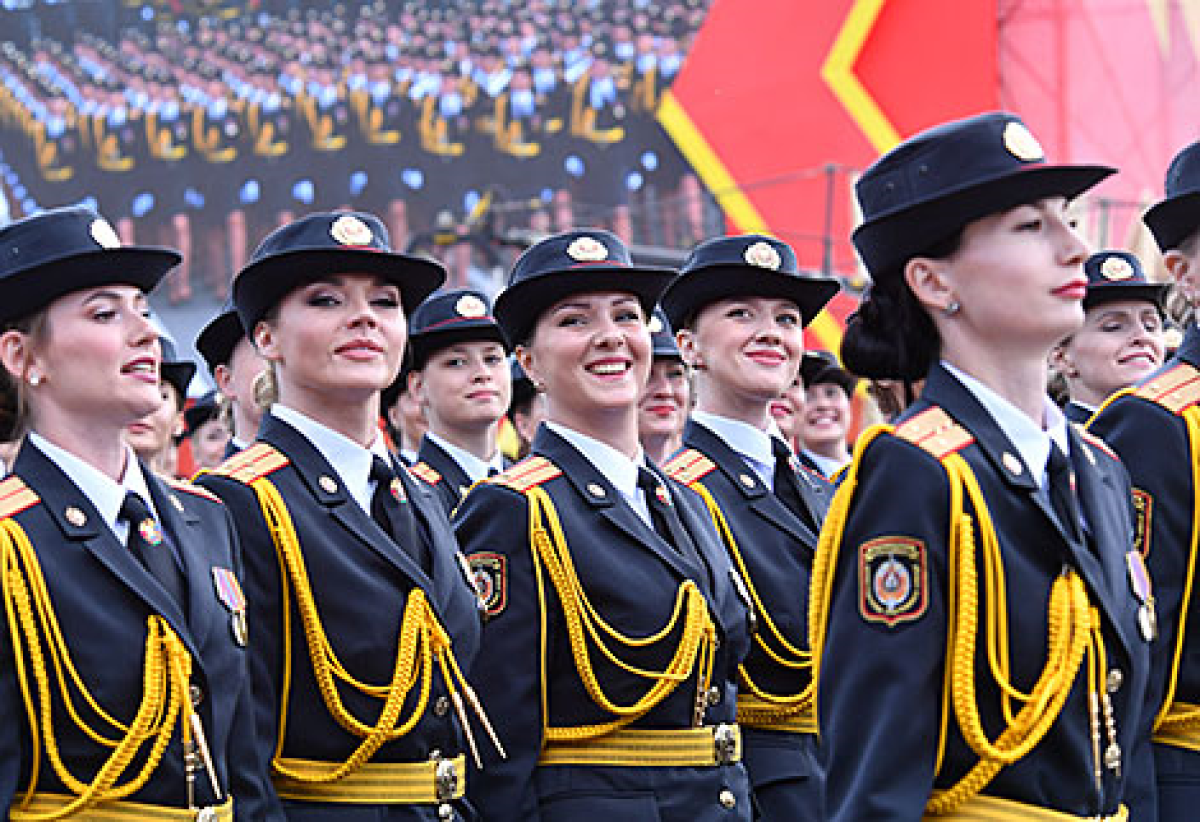The independence or national days of most ex-Soviet states takes place on the date that marks that country’s independence after the fall of the Soviet Union in the early nineties.
In Belarus, this was the case in 1990 when the Supreme Council of Belarus declared the country to be a sovereign nation free from the USSR on 27 July 1990. This date was celebrated as the Independence Day of Belarus until 1996.
In 1996, Alexander Lukashenko, country’s first President oversaw a referendum in which nearly 90% of Belarusians voted to celebrate Independence Day on 3 July. The date was chosen to honour those who fought to free the capital, Minsk from Nazi German occupation during the Great Patriotic War (Second World War).
When Nazi Germany invaded the Soviet Union on 22 June 1941, Belarus was the first to bear the brunt of the attack. On 24 June, Minsk came under massive artillery shelling and air strikes from nearly 150 bombers.
Despite resistance from local fighters, the Germans seized Minsk on 28 June 1941. Not accepting the occupation, the residents began a resistance movement that lasted 1,100 days. The efforts of the citizens helped the armies of the 1st and 3rd Belarusian Fronts with the support of the partisans liberate the Belarusian capital from the invaders on 3 July 1944.
Belarus paid a high price for the freedom; a third of the population was killed during the war.
Independence Day is a tribute to the heroism and endurance of Minskers in their struggle to bring freedom to Belarus.
